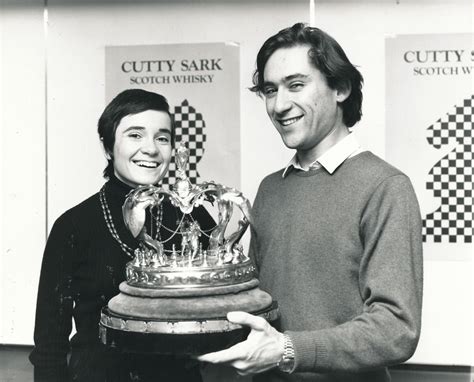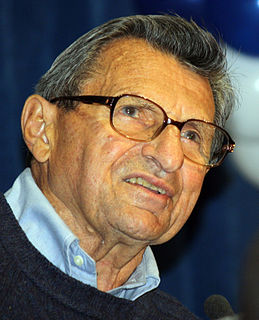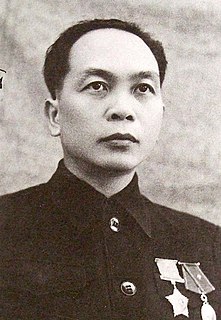A Quote by Rumi
We are as pieces of chess engaged in victory and defeat!
Related Quotes
Commonly, people believe that defeat is characterized by a general bustle and a feverish rush. Bustle and rush are the signs of victory, not of defeat. Victory is a thing of action. It is a house in the act of being built. Every participant in victory sweats and puffs, carrying the stones for the building of the house. But defeat is a thing of weariness, of incoherence, of boredom. And above all of futility.
In every adversity there lies the seed of an equivalent advantage. In every defeat is a lesson showing you how to win the victory next time. [But you must know enough to realise this, lest you focus more on the defeat than finding the lesson you paid for with the defeat. With every defeat and mistake, you have the logical right to get excited about the future when you will understand and be able to apply the lessons and thereby turn defeat and temporary failure into victory and permanent success.]
I love chess, and I didn't invent Fischerandom chess to destroy chess. I invented Fischerandom chess to keep chess going. Because I consider the old chess is dying, it really is dead. A lot of people have come up with other rules of chess-type games, with 10x8 boards, new pieces, and all kinds of things. I'm really not interested in that. I want to keep the old chess flavor. I want to keep the old chess game. But just making a change so the starting positions are mixed, so it's not degenerated down to memorisation and prearrangement like it is today.
A hard-fought, well-fought, hairline-close game is as classical in sports as tragedy is in the theater. Victory is contained within defeat, and defeat is contained within victory. That's the way it is in the best of games. What counts in sports is not the victory, but the magnificence of the struggle.







































